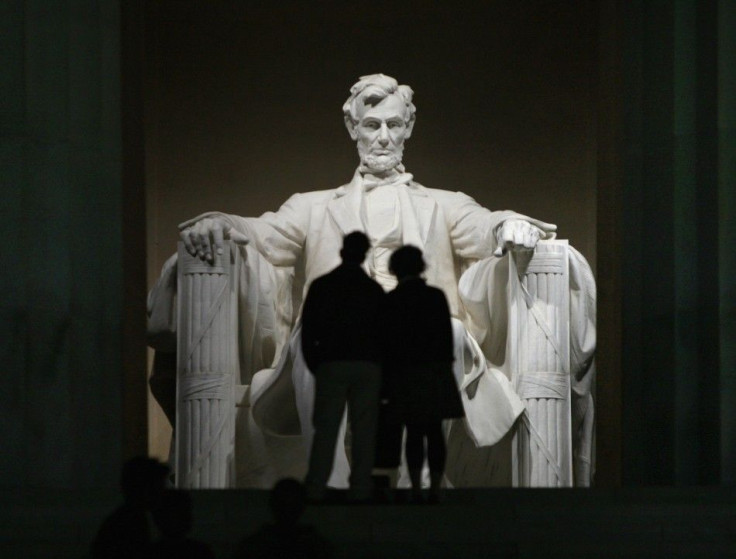Tea Party: U.S. Default Preferable to Debt Deal

Where is the United States regarding a debt deal -- a plan to both raise the debt ceiling and cut the budget deficit?
About where many if not most political analysts thought the nation would be after divided government returned with the re-election of the Republican Party to majority-party status in November 2010.
Washington, D.C., which has been polarized since 1981, and whose polarization intensified in the Roaring '90s after the election of former President Bill Clinton, a Democrat from Arkansas, saw the gap between Democrats and Republicans widen even more with the controversial election and presidency of George W. Bush, and the subsequent election of President Barack Obama.
Some optimists had thought the seriousness of a possible default by the United States on its national debt would prompt both sides to compromise in 2011. Not so. So far, President Barack Obama has done most if not all of the compromising, while the Republican Party, backed by the energized, conservative Tea Party faction, appears willing to trigger a U.S. default, rather than compromise and increase revenue modestly.
Don't misunderstand -- there's been no talk in Washington of increasing marginal tax rates. Just closing selected loopholes and ending some subsidies. Even so, the Tea Party faction is opposed to any revenue increase, and its members have pressured many longstanding Republicans to maintain the same stance.
It's as if the Tea Party is being told, Here's seven-eighths of a loaf of bread, now take it, and the Tea Party has refused.
To the typical American, the gridlock and the Tea Party's unwillingness looks like a stubborn, unreasonable move; i.e. it looks like it's not interested in shared sacrifice, as President Obama desired.
But the above only applies if, as a voter, you believe fairness should apply in politics and in governance.
But that's where the premise mistake occurs. The Tea Party is not interested in fairness or shared sacrifice. It's interested in ... winning.
And if the choice is compromise, eliminate some tax loopholes and maintain the U.S.' credit rating, or no compromise and letting the U.S. default on its debt, with all of its bad ramifications, for credit markets and commerce, then the Tea Party so far has given every indication that it's saying, Let the U.S default on its debt. We want to win.
There is 20-30% chance the Tea Party will change its stance and raise the debt ceiling, but at this stage of the talks it doesn't look good. Perhaps the Tea Party-led Republicans will moderate their stance and agree to a two-year, roughly $2 trillion deficit reduction package -- one with no revenue increase.
Essentially, what the Tea Party faction is saying is that the goal of no tax increase is more important than the credit rating of the United States and is more important than the health of the U.S. economy; the goal of its political coalition is superior to the national interest.
Is the Tea Party's stance reckless, unreasonable, or extreme? It may very well be, but as a current, practical matter, that is irrelevant: the debt ceiling deadline is approaching in early August.
How can those Americans who don't agree with the Tea Party's position make their voices known? Obviously, before the election, it's contacting your local Congressman/woman. At election time, it's voting the Tea Party out of power.
© Copyright IBTimes 2024. All rights reserved.





















